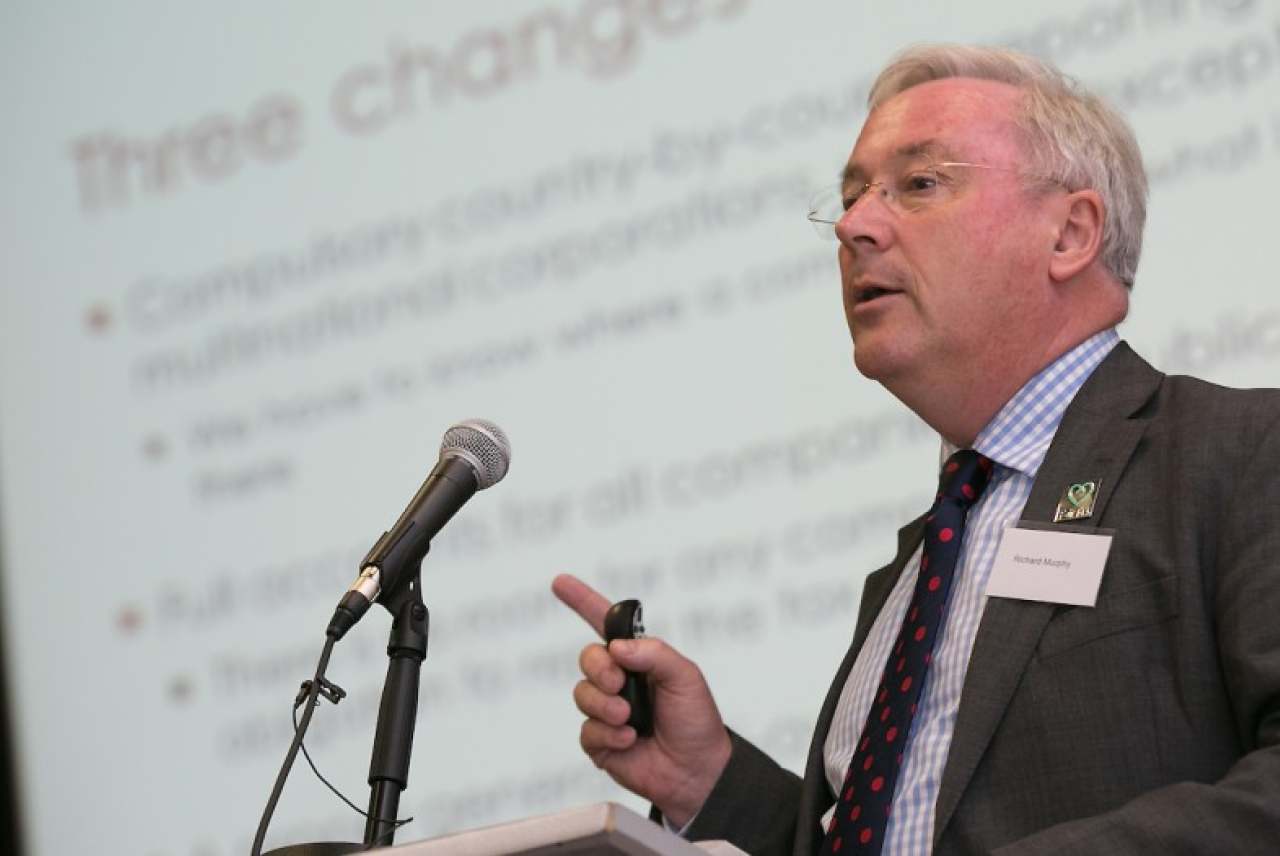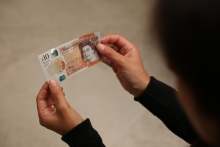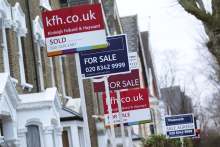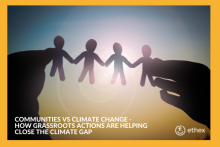Our economy works by mixing the fortunes of the state, private sectors and us – the people who actually populate our country. But whilst most of us know a fair amount about what the government does and what we expect of it, we know remarkably little about what the private sector does in a great many cases.
This is not an accident. It has happened by design. Although the accounting profession occupies a privileged position in society, the reality is that over the last forty years it has done its very best to turn its back on its responsibility to society at large.
This is not an idle claim. Back in 1975, when the accountancy profession was having one of its periodic crises, it published a discussion paper called ‘The Corporate Report’. That suggested that, in future, accounts should be published to meet the needs of all users of accounts. It is fairly easy to identify six such user groups now.
One is, quite reasonably, those who provide capital to a company, whether as shareholders or lenders (like banks and bondholders). The others are a company’s trading partners, employees, regulators and tax authority, plus all those in civil society who interact with a company in whatever way they might judge appropriate.
Unfortunately, the accountancy profession has, since 1975, backtracked on its commitment to society in two ways. Firstly, it has done this by reducing the scope of its stated responsibility. As a result, accounting standards are now quite explicitly designed only for the benefit of shareholders and other providers of capital to companies. The needs of everyone else are now ignored.
Secondly, the profession has stood by as both audit and accounting disclosure requirements for companies have been massively curtailed over the last twenty years.
The result is that more than ninety per cent of companies can now file almost meaningless statements on the public record and still comply with their statutory duties. This means that accounting is now not intended to be for the benefit of the public, and we also cannot see it.
That might explain why accounting is now suffering another crisis. It is in a complete mess.
Even investors now think that accounts do not meet their needs. And the rest of us have not a clue about what is going on. Despite this, there is no NGO dedicated to addressing this fundamental accounting failure in our society, which is why I am now creating a Corporate Accountability Network (CAN) to do just that.
The CAN has two aims. First, it wants to make sure that every company has to put its accounts, in full, on the public record. That’s because we all – in society at large – grant the shareholders of companies the extraordinary privilege of not having to settle their company’s debts if they go bust. The price of that benefit, if it is not to be abused at a cost to us all, is that we must have the data to make sure that we are not put at risk as a result.
This, however, is not enough. The accounts that must be published in future must be relevant to all users’ needs. What this requires is that accounting standards have to be rewritten.
My suggestion is that this rewrite should start from the bottom up. That is because unless we can decide what the small entity needs to report we will never get right what the large company should report.
And there is quite a lot such a company should say. It should start with what it does, and where. As well as who manages and owns it. It might add how many people it employs, and how much it pays them. It could deliver a gender report as well. That would help a lot of potential employees, whilst a note on its timeliness in paying its bills would help those who trade with it. And an explanation of its tax bills would also be good. What is more, as well as a profit and loss account and balance sheet, a cash flow statement would also be good, because cash is the lifeblood of small companies.
The sorry fact is that most of this data is not available now. But it should be, and if it was it would massively boost confidence in businesses, and so pay for itself. And that, in turn, would then boost our local economies. We could all win from this.
The Corporate Accountability Network is a new idea. I am unashamedly looking for support, sponsorship and funding. If society is to be protected; accounts are to be meaningful; the local economy is to be promoted and people are to trade with each other with confidence then we need better data for the benefit of everyone. I am keen to hear from those who share that view.








